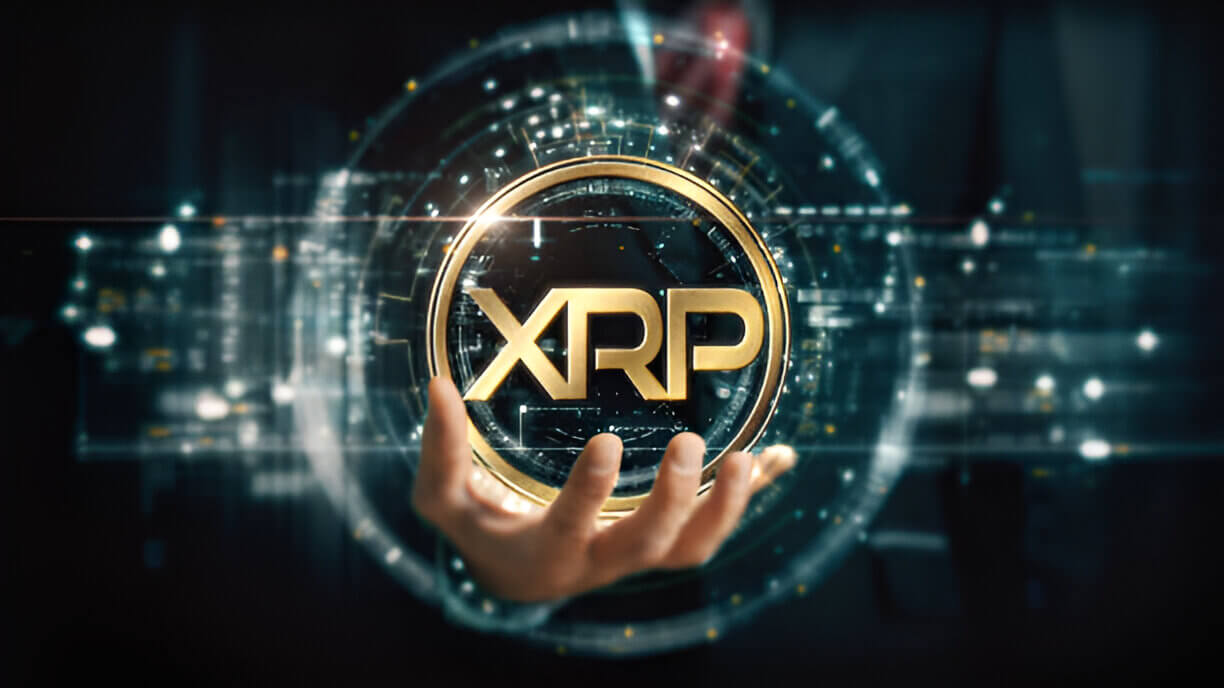A Bold Move From the East
Pakistan just entered the blockchain ring.
In mid-2025, the country will launch its first-ever blockchain-based remittance coin. The goal? Make cross-border money transfers faster, cheaper, and traceable.
This is not a test. This is real.
And for a country where over $30 billion flows in annually through remittances, the implications are massive.
Why This Coin Even Exists
Right now, remittances in Pakistan go through banks, Western Union, and money transfer operators. It works, but it’s slow, expensive, and full of red tape.
The new coin aims to fix that.
Instead of waiting 2–3 days, families could get money in minutes. Fees drop from 6–10% to maybe under 1%. Every transaction is visible on-chain, helping reduce fraud and illegal flows.
That’s not just progress. That’s a leap.
Is It a Government Project?
Yes—kind of.
The coin is backed by Pakistan’s Ministry of IT & Telecom, State Bank of Pakistan, and NADRA (its national database authority). But it’s being built with private-sector developers and blockchain firms based in Singapore and the UAE.
They’re calling it “PakRemit” for now. Final branding drops in June.
This semi-government structure means two things: 1) it’ll have legal weight, and 2) it won’t move at lightning speed—but it will move.
XRP Comparisons Start Flying
Naturally, people are comparing it to Ripple’s XRP.
That’s fair. Both focus on remittances. Both use blockchain to replace slow banking rails. Both aim to connect diasporas with home countries.
But there are key differences.
XRP is global. PakRemit is regional. XRP targets banks. PakRemit targets individuals first, banks second. XRP uses RippleNet. PakRemit will use a hybrid chain: private for KYC, public for transfers.
Think of it as XRP with a national passport.
Built for the Pakistan Diaspora
Over 9 million Pakistanis live abroad. The top remittance sources are Saudi Arabia, the UAE, the UK, and the U.S.
PakRemit is targeting them directly.
The coin will launch with mobile apps tied to biometric verification. Users abroad can buy and send coins to family members who can cash out instantly via partnered local banks or mobile money agents.
No middlemen. No paper forms. No fees that make you angry.
That’s a killer app—if it works.
How It Will Work Technically
The coin will run on a modified proof-of-authority chain. That means a few selected nodes—likely banks and telcos—validate transactions. Not very decentralized, but very fast.
Each transaction must pass KYC at both ends. On-chain wallets tie directly to biometric IDs stored in NADRA’s database.
Transactions settle in under 10 seconds. Fee? Less than $0.01.
It’s not trying to be DeFi. It’s trying to be the Visa of cross-border rupees.
Pilot Programs Already Running
In March 2025, pilot programs quietly launched in Dubai and Jeddah.
Pakistani workers were given early access through mobile banking apps. The results? Promising.
Average transfer time: 8.4 seconds
Average fee: 0.18%
Success rate: 99.2%
Families back home could cash out in rupees at JazzCash and EasyPaisa agents. They didn’t need to understand crypto—they just saw money land instantly.
If expanded, this could change the country’s financial backbone.
How Banks Feel About It
Mixed feelings.
On one hand, banks lose transfer fees. On the other, they get faster clearing, less fraud, and access to transaction data.
So, they’re not fighting it. They’re adapting.
United Bank Limited (UBL) and Meezan Bank are already beta-testing the tech. The Central Bank sees this as a way to gain better oversight of cash flows.
This isn’t an attack on the banking sector. It’s a forced evolution.
Potential Risks
This isn’t a fairytale. There are risks.
First, adoption. People trust cash. Convincing millions to switch to an app-based coin isn’t easy.
Second, tech. Bugs, hacks, or outages would destroy public confidence.
Third, global regulation. U.S. or EU financial authorities might flag it for compliance, especially if the system is too opaque or abused for money laundering.
Finally, exchange volatility. If PakRemit is pegged poorly or the on/off ramps break, remittance users get wrecked.
What This Means for XRP, Stellar, and Others
Competition is heating up.
XRP still has its niche with banks. Stellar targets cross-border payments for NGOs and emerging markets. But PakRemit could own the South Asia corridor if it delivers.
And more countries will follow. If Pakistan pulls this off, expect similar launches in Bangladesh, Nepal, and even Egypt.
National crypto coins are no longer science fiction.
How It Affects Crypto in Pakistan
This project changes everything.
Crypto has lived in a legal gray zone in Pakistan for years. Now the government is openly launching a blockchain coin.
It’s not DeFi, but it opens the door. Public trust in blockchain will rise. Regulation may finally become structured. And developers may start building tools on top of the network.
Ethereum didn’t make blockchain click for the average Pakistani. PakRemit just might.
Investor Takeaways
PakRemit isn’t listed on exchanges (yet). But if it launches well, spin-off tokens or private partnerships may emerge.
Also watch for government-friendly crypto infrastructure plays. ID systems, KYC services, stablecoin on/off ramps—these could explode.
If Pakistan’s remittance coin succeeds, DOT, XLM, and even Celo could see renewed interest from governments looking for templates.
Stay alert.
Final Thought
In 2025, blockchain isn’t just about trading or NFTs anymore. It’s about real-world use.
Pakistan’s first remittance coin proves that. It may not be flashy. But it solves a huge problem.
If it sticks the landing, we could be witnessing the birth of the next regional XRP—only this time, made in Pakistan.
And if it fails? Well, someone else will try again. Because the problem isn’t going away.

About The Author
Name: Frasat Ali
Role: Founder & Lead Analyst at LatestCryptoInfo.com
Experience: 5+ Years in Blockchain & Cryptocurrency Markets
Specializations: Bitcoin, Ethereum, DeFi, NFTs, and Crypto Regulations
Frasat Ali is a seasoned cryptocurrency analyst with over five years of hands-on experience in blockchain technology, trading, and market research. As the founder of LatestCryptoInfo.com, he is dedicated to providing accurate, unbiased, and actionable crypto news to help investors make informed decisions.

Stay Ahead in Crypto!
Follow us on Facebook for the latest market updates, expert insights, and real-time predictions on Bitcoin and other top cryptocurrencies. Don’t miss out – stay informed and make smarter investment choices today!
